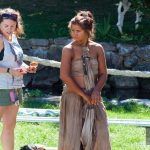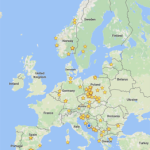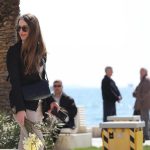Continuing our meet the people series, TCN contributor Daniel Jones meets Vicko on November 22, 2017.
Much has been said about Croats leaving the country to go abroad looking for something better. Also, I have met and heard about a lot of people with Croatian roots that were born elsewhere and for one reason or another decided to relocate to Split.
“Born in such and such a country to Croatian parents, so and so decided to move back to Croatia to connect with their roots.”
However, Vicko’s story runs in reverse. Vicko Roje was born in Split and moved with his family to Los Angeles. After finishing school in the U.S., he decided to return to Split with his family. Recently, I had the opportunity to sit down with him over coffee and talk about life in the U.S. compared to Croatia and why he decided to stay in Split.

Daniel: So, your family moved to L.A. when you were two years old. Why did they go to the States?
Vicko: At that time, Yugoslavia was still a socialist country. If you didn’t join the party job, opportunities and possibilities for advancement were really limited. My Dad was an engineer at the shipyard, and he had some conflicts which couldn’t be resolved. It was impossible to voice your concerns, and you were just ignored because you weren’t a party member. So, he got sick of it decided to go to the States. Some of the family had already gone to California, so we went to L.A. and they showed us the ropes and what was what. He quickly got a job in advertising and rapidly worked his way up in the business. He was working in Hollywood doing film posters and all kinds of stuff, and we lived in Beverly Hills. That’s where I went to school.
Daniel: Did you ever come back to visit Croatia?
Vicko: Every summer. Those were the best summers of my life. Summers in Croatia were much more relaxed than the time I spent in L.A. In L.A.; my parents were much more strict and worried about what could happen to us. In Croatia, they were relaxed. We could run around and play with other kids and basically do whatever we wanted when we were here, so I always felt freer.
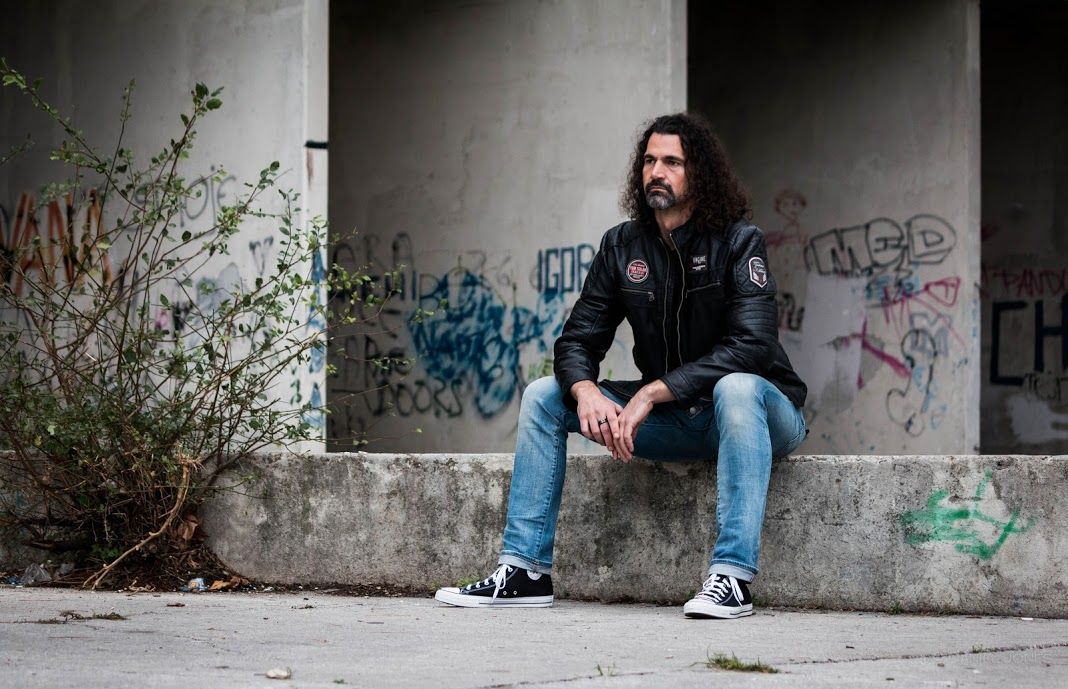
Daniel: When did you move back to Split and why?
Vicko: We moved back to Split in ’94. My brother had moved back eight years earlier. My parents always wanted to move back. I was 20 years old and had just finished school as a dental tech. I told them if we were going to move back, it was then or never. Initially, I planned to stay for 2-3 years and possibly go back to the states or somewhere else, but obviously, that didn’t happen. Reintegrating was hard at first. It was just after the war and nothing worked, although I was able to open a dental lab and get work pretty easily. Even though a lot of things weren’t working here, the quality of life was still better in Split than L.A. Everything was slower and more laid back here. People are more genuine, open and social, not superficial like in L.A.
Daniel: Did you ever encounter any violence here after the war?
Vicko: Yeah. I mean, L.A. can be a dangerous place, but actually, the worst stuff that happened to me happened in Split. It was just after the war and a lot of people had guns and were really angry. You had to be careful driving, and you never knew when someone would show up in a bar or a club and cause problems. Once I was faced with a gun. That was just part of life after the war. But here, I always felt the worse that could happen was that I would take a beating. In L.A. you could always get killed.
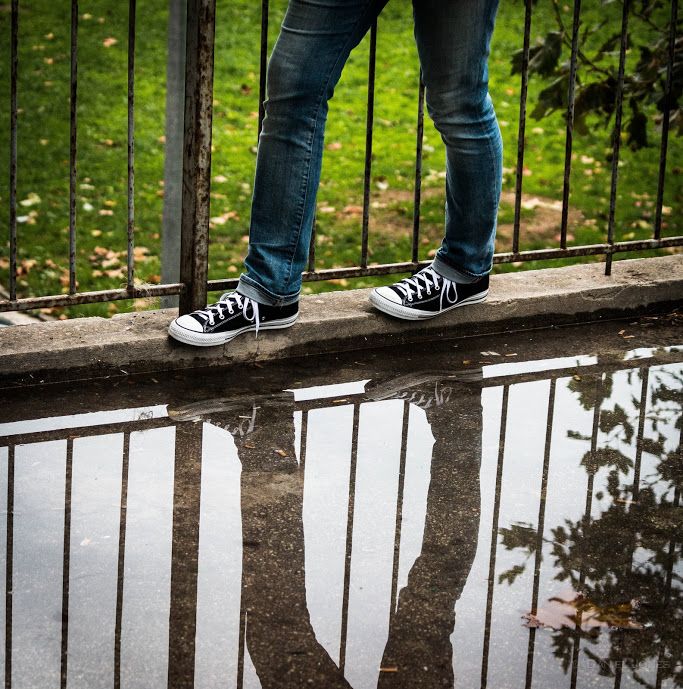
Daniel: Yet, despite the challenging job situation and dangerous situations, you decided to stay?
Vicko: Yep. Honestly, you can find those things almost anywhere. Anyway, it’s much better now.
Daniel: Did you ever think about leaving and going elsewhere?
Vicko: I never thought about going back to the U.S. Never. It’s too superficial and boring. At one time I thought about going to Spain or Ireland. Never happened. I also thought about moving to Zagreb, but it’s too cold and grey and there is no sea. If it had the sea, maybe I would live in Zagreb.
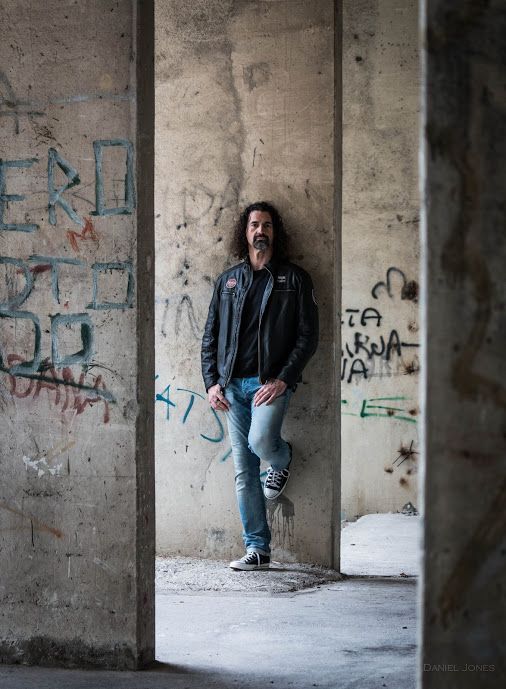
Daniel: How has Split changed in the 23 years since you came back?
Vicko: It feels more European now than Balkan. The post-war tension is fading away, things are getting easier, and people are opening up more. Since the war, we have come a long way, I think. It’s a slow process, but things are changing for the better. Globalization is catching up with Split. All of these young tourists are bringing outside influences. The center has become more complex, diverse and interesting. Split’s consciousness has moved from egocentric to ethnocentric. A lot of young people are now aware of the outside and developing a worldcentric view, which is positive.
Daniel: I suppose you are an example of that. Can you tell us what you are up to these days?
Vicko: Well, I am not in the dental business anymore. I went to the Center for Integrative Development to find myself and became a more spiritual and complete person. Now I am working as a body-oriented therapist.
Daniel: And you are an artist as well?
Vicko: I am an artist that doesn’t do art. Haha. Yeah, I paint sometimes. I feel that opening up through art people start to see the world differently. I like to make art so people look at it and say, “huh.” Make them think, you know? It’s not world changing, but at least it maybe makes them think and feel. Maybe it changes their world.
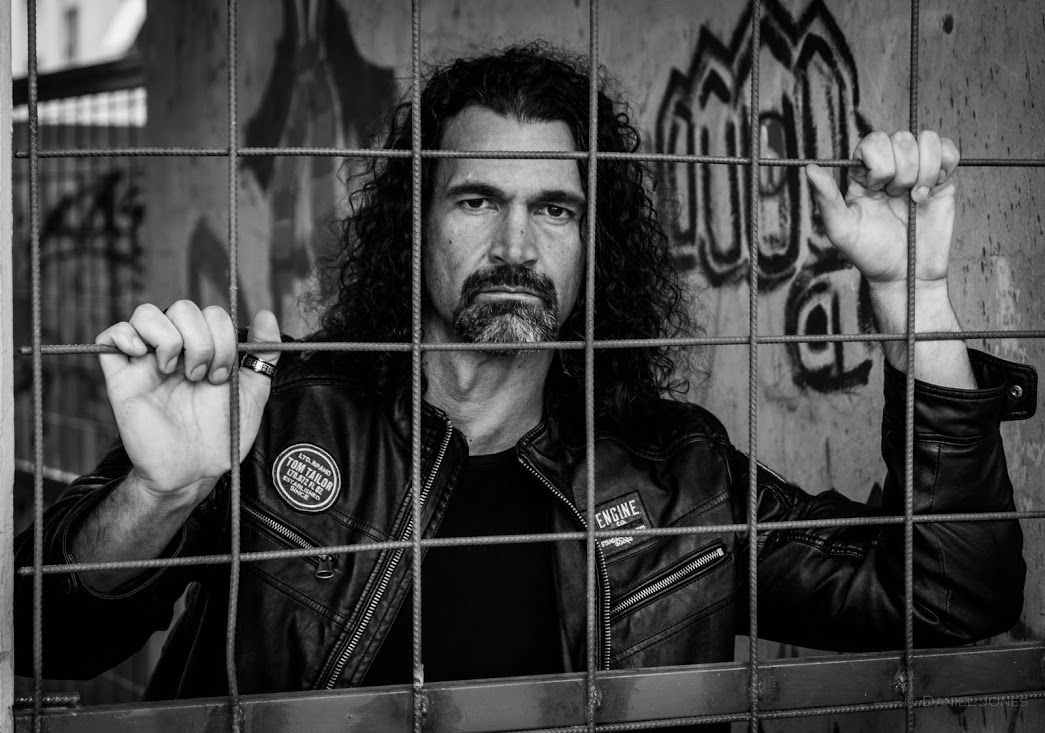
Daniel: What’s the art scene like here?
Vicko: Split has an art scene, but I am not really connected with it. I feel the art scene is like anything else in Split; it’s fragmented and cliquish. People have their little groups, and they stick together and do their own thing.
Daniel: Maybe that will change with all this globalization?
Vicko: Perhaps.
Daniel: So, in short, what are the biggest pros to living in Split?
Vicko: The sea and the sun are obviously up there. Summer is my absolute favorite time of the year. I live for the summers here. I couldn’t live without the sea and the sun. Besides that, the people and the lifestyle. As I said, people are more open and relaxed. We are very social people here. We like to grab a coffee and sit and talk for hours, and it’s not superficial like in L.A. You’re constantly going out to meet people for coffee and taking your time. It’s great to have that sort of connection to people.
Daniel: And the biggest cons?
Vicko: Hmm. Let me think about that. You know what, I can’t really think of any right now.
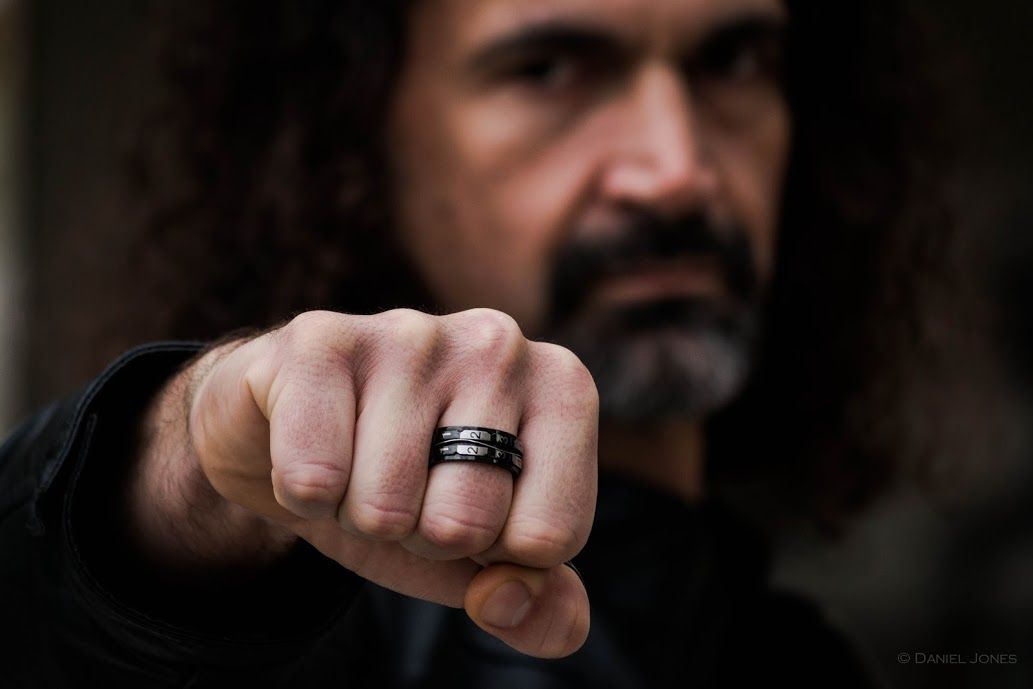
Daniel: Do you think you will stay here?
Vicko: Get back to me in five years.
Text and photos by Daniel Jones

